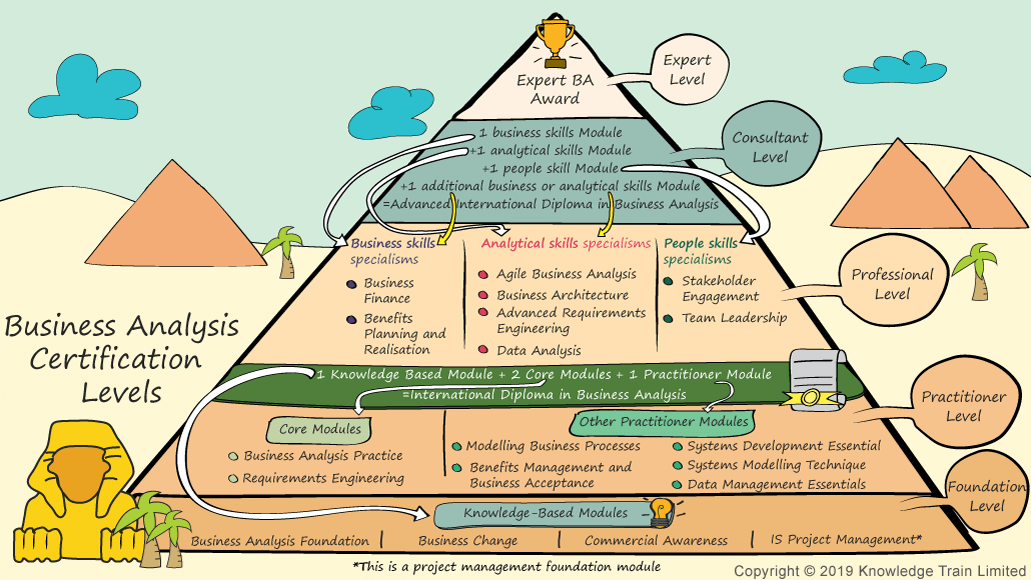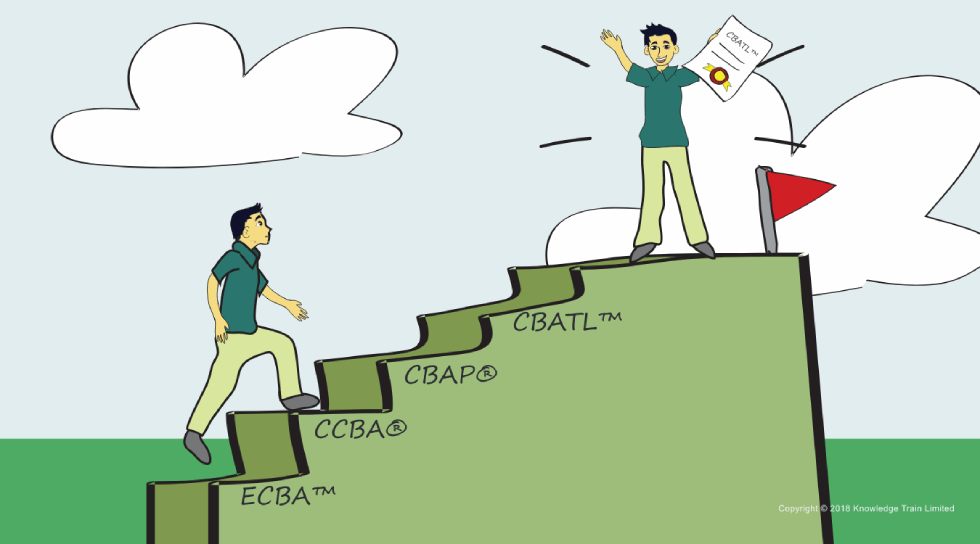Business analyst course for analytical skills and business analysis
A business analyst course equips learners with analytical skills and business analysis knowledge. This business analysis course offers practical business analysis training using real-world business process modelling, BPMN, and Agile methodologies. Business analyst bootcamp sessions, business analyst certification prep, and business analyst classes focus on business analyst skills, business analyst job training, and business analyst workshops.
Online learning and business analyst program options
Online courses and online learning platforms, such as Coursera, enable flexible business analyst online course experiences. Business analyst program options include business analyst degree, business analyst diploma, and business analyst institutions supporting professional development. Courses for business analysts and courses on business analysis develop data analysis, data analytics, and business analytics course skills.
Developing business analyst skills for business strategy and intelligence
Students learn to identify business needs, use SWOT analysis, apply business strategy, and improve organisational operations. Business analysts courses cover project management, use case modelling, and business intelligence. Training includes digital marketing, Microsoft Excel, Tableau, SQL, Python, and cloud computing, as well as technical skills in software development and cybersecurity.
Industry standards and business analyst certification
Endorsed by BCS, The Chartered Institute for IT, these business analyst programs and apprenticeships ensure industry standards. Learners benefit from coaching, networking, and insights into finance, accounting, and digital transformation. Business analyst training content includes video, assignments, reviews, and media marketing. Talent pathways lead to career success, salary improvements, and workforce development in companies and businesses.
Professional development and business improvement in business analyst institutions
Analytical skills, gap analysis, and business improvement are at the centre of this learning journey. Business analyst institutions and partners deliver user experience, business acceptance, and results-driven consulting. Business analysis certifications, business analyst degree, and business analyst diploma options prepare professionals for technical, financial, and leadership roles.
Business analyst course
Business analyst course offers comprehensive training in business analysis to equip professionals with the skills needed for effective decision-making.
What are the benefits of enrolling in a business analyst course for career advancement?
Business analyst training
Business analysis training equips individuals with the tools to drive strategic decisions using data analytics and Agile methodologies, essential for business improvement.
Business analyst course provides online learning in business analysis, data analytics, project management, Agile, BPMN, AI, software testing, leadership, certifications, and business strategy, supported by mentors and expert guidance.
Business Analyst Course Overview
The Business Analyst Course provides essential skills in requirements analysis, stakeholder communication, and business process improvement.
Learning Objectives And Process Modelling
Learners explore process modelling, planning, and data analysis to align business outcomes with organisational goals.
Business Analyst Course Certification
This certification aligns with British Computer Society and Project Management Institute standards to ensure professional quality.
Accredited Bodies And Career Progression
Accreditation offers recognition across industries and supports lifelong learning and continuous improvement.
Business Analyst Course Training
Structured training modules combine theory and practical workshops to enhance analytical skill and communication effectiveness.
Practical Workshops And Data Analysis
Participants apply Agile methodology and continuous improvement principles in realistic business scenarios.
Business Analyst Course Delivery Modes
The course is available through distance education, classroom training, and online learning platforms.
Online And Blended Learning Options
Interactive digital tools support teamwork, stakeholder engagement, and Agile collaboration.
Business Analyst Course Modules
Modules include documentation, validation, and performance evaluation to ensure comprehensive understanding.
Assessment And Performance Evaluation
Assessment combines exams, reports, and project presentations to demonstrate applied analytical skill.
Business Analyst Course Career Opportunities
Graduates of the Business Analyst Course can pursue careers as business analysts, consultants, or project managers.
Industry Demand And Career Growth
Demand for skilled analysts continues to rise across sectors including finance, healthcare, and technology.
Business Analyst Course Exam Preparation
Structured study plans and knowledge management tools improve exam readiness and professional confidence.
Tips For Passing The Certification Exam
Focus on documentation standards, stakeholder communication, and process improvement techniques.
Advanced Topics In The Business Analyst Course
Advanced modules explore Agile project management frameworks such as PRINCE2 and Dynamic Systems Development Method.
Agile Delivery And Iterative Development
Learners apply iterative analysis and collaboration for efficient business outcomes.
Continuous Learning Beyond The Business Analyst Course
Ongoing vocational education, mentoring, and networking help maintain career momentum and professional relevance.
Professional Networks And Continuous Improvement
Membership in organisations such as BCS or PMI supports collaboration, strategy, and leadership growth.
Are Practical Projects Included?
Yes, project-based assignments simulate real-world challenges and develop applied competence.





































